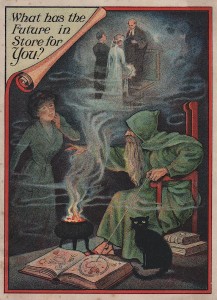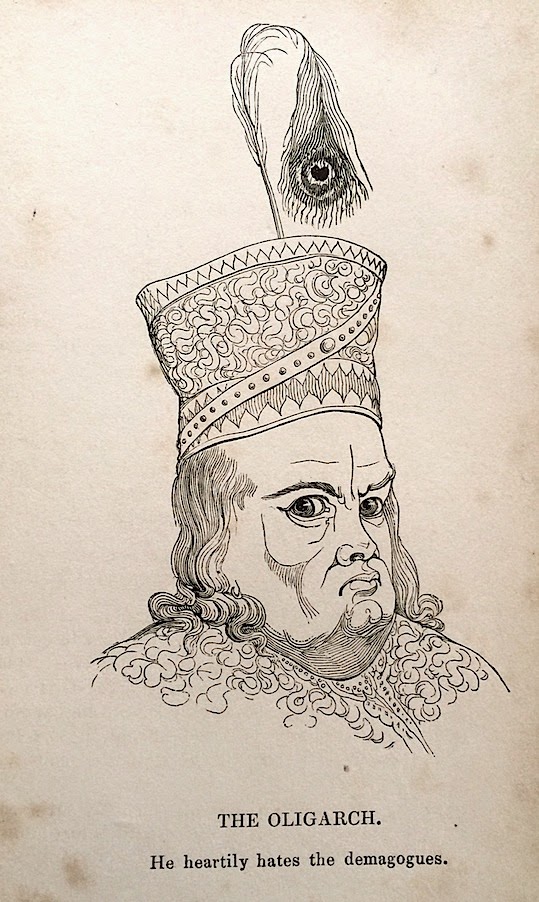 Found in a box of pamphlets is this promotional booklet published on behalf of Mother Seigel’s Syrup, which was marketed c 1911 by the London-based A. J. White as a cure for indigestion, constipation and biliousness. It would seem that the Syrup had originally begun as a tonic concocted by the Shaker community in the States, and that later A. J. White took over its manufacture both in New York City and in London.
Found in a box of pamphlets is this promotional booklet published on behalf of Mother Seigel’s Syrup, which was marketed c 1911 by the London-based A. J. White as a cure for indigestion, constipation and biliousness. It would seem that the Syrup had originally begun as a tonic concocted by the Shaker community in the States, and that later A. J. White took over its manufacture both in New York City and in London.
Essentially the booklet entices readers to learn about the health-giving properties of their product by inserting these claims between the pages of an astrologically-based calendar which tells, among other things, those born in certain months what kind of people they were and what were the lucky days in their months. By so doing it cynically exploits the gullible by juxtaposing possible solutions to their hopes and fears for the future with ‘cures‘ for their digestive problems. In other words, it creates a climate of fear (What has the Future in Store for you?) and then offers possible remedies.
It also appeals to the readers’ imagination and discrimination. Like anyone who has grown rich through catering to the fears of disease through poor nutrition, it promotes the Syrup in the same way that the manufacturers of Coca Cola, Worcester Sauce and indeed, Benedictine and Chartreuse, promoted their products. It is produced using a secret recipe based on ‘natural’ herbs and spices. Continue reading

